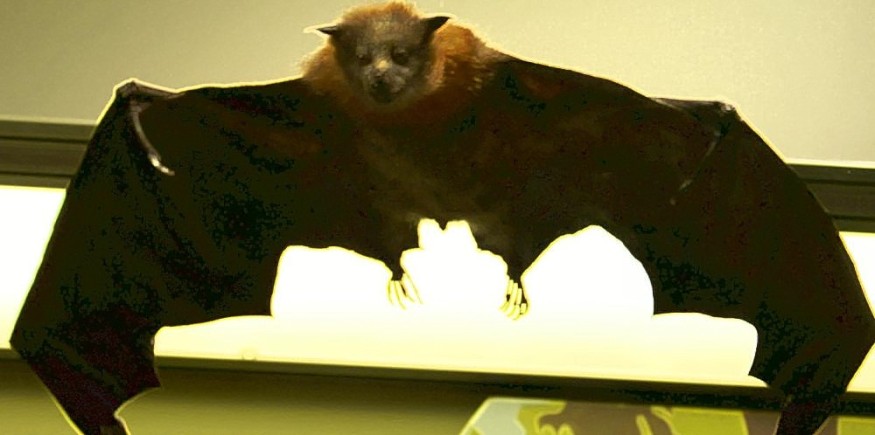After a warehouse in Valencia was discovered to hold stuffed rhinos, polar bears, elephants, and other creatures, police in Spain confiscated one of the greatest hauls of taxidermy animals in Europe as part of an investigation into possible smuggling.

A Shocking Discovery
On Wednesday, the Guardia Civil uncovered almost 1,000 specimens in a 50,000 sq m (538 sq ft) industrial warehouse in Bétera, Valencia, according to a statement released on Sunday.
More than 400 protected species were discovered, including some that had been declared extinct in the wild, such as the scimitar oryx, and others that were critically endangered, such as the Bengal tiger. Lions, leopards, cheetahs, and lynx were among the others.
Police said the warehouse owner was being investigated for smuggling and offenses against flora and animals. He has not yet been apprehended.
Investigators estimated the plush animals to be worth €29 million ($31.56 million).
The find resulted from a year-long investigation by Valencia police's natural protection division, which began in November 2021 when officers learned of a probable private collection near Bétera.
Wildlife Trafficking

Wildlife trafficking includes the illegal trade, smuggling, poaching, capture, or collection of endangered species, protected wildlife (including animals or plants subject to harvest quotas and regulated by permits), derivatives, or products of endangered species, protected wildlife (including animals or plants subject to harvest quotas and regulated by permits), derivatives, or products thereof.
Wildlife and forest crime is defined as "the taking, trading (supplying, selling, or trafficking), importing, exporting, processing, possessing, obtaining, and consumption of wild fauna and flora, including timber and other forest products, in violation of national or international law," according to UNODC and INTERPOL. Wildlife and forest crime, in broad terms, is the criminal exploitation of the world's natural flora and animals.
Wildlife trafficking laws and regulations differ from nation to country. Violations of environmental, forest, wildlife, fishery, endangered species, or protected areas legislation may result in administrative, civil, or criminal consequences, depending on the jurisdiction.
Criminalization
Criminalization is the strictest type of control, with the most intrusive punishments and prosecutions. As a result, it should only be used as a last option when other interventions and sanctions have failed or would fail to achieve the desired result. Criminalization, criminal process, and punishment must all be proportionate and reasonable, with significant wildlife infractions, forest and fishery regulations being the exception.
The components of wildlife trafficking offenses, as well as their consequences, differ widely between countries. There is no basis for the substance and design of such offenses under international law.
Wildlife trafficking offenses are usually codified under legislation dealing with environmental law, wildlife, forests, endangered species, protected areas, conservation, or biodiversity. Such offenses are rarely seen in regular criminal statutes or penal codes. Nonetheless, general rules governing criminal responsibility, criminal procedure, sentencing, and punishment apply to wildlife trafficking offenses. They determine how criminal offenses are composed, how criminal liability is established, and how far liability extends to attempts and participation.
Related Article : "Vehicle From Hell" - Authorities Intercept Truck Carrying 282 Dogs for Meat Trade in China
For more animal news, don't forget to follow Nature World News!
© 2025 NatureWorldNews.com All rights reserved. Do not reproduce without permission.





